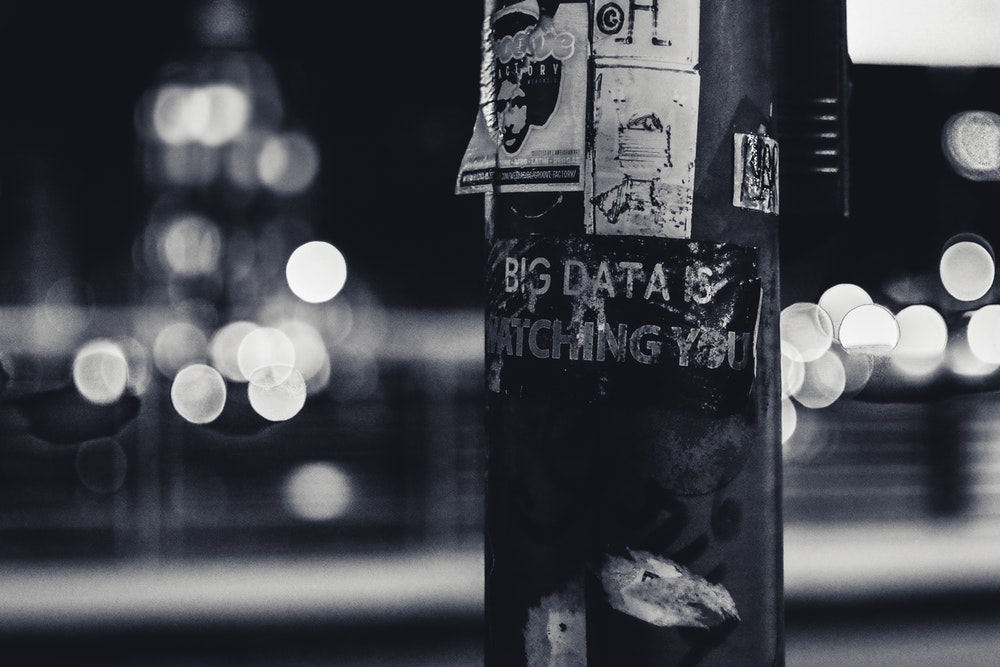In Hansel and Gretel, the two siblings sprinkle breadcrumbs as they venture into the woods in order to find their way home.
When we browse the internet, we sprinkle metaphorical breadcrumbs of information about ourselves as we go. Unlike the fairytale, where Hansel and Gretel knew what they were doing, the vast majority of internet users are unaware of just how much information they’re giving away on their journey around the web.
Unless you’ve got blockers installed up to your ears, the tracking starts as soon as you open up an internet browser. From that moment, your digital footprints carve a route around the web that can be traced back to you at any moment.
Sites you visit can use these footprints (or breadcrumbs, if we’re sticking with the fairytale theme) to recognize who you are and serve you a more personalized experience.
That sounds great, right?
In one study, 71% of consumers said they’d prefer a personalized experience with ads, while some even expected it from brands. And the easiest way for sites to personalize those experiences is to track the interests and online behaviors of visitors.
From that perspective it works; the consumer gets a personalized experience and brands get to give their customers what they want. It’s a win-win situation.
But is it really that simple?
I mean, we’re not talking epic government data mining expeditions here; we’re simply talking about brands using specific information to better target content to their users. It’s all above board and totally legal.
So what kind of data can these companies get from you?
It can be anything from your current location and the device you’re using to specific links you’re clicking on and the actions you take on certain sites. It all starts with your browser and your IP address – the moment you pop up online, a unique number that identifies the device you’re using is recorded, marking the moment you entered the internet and where you were when you went online.
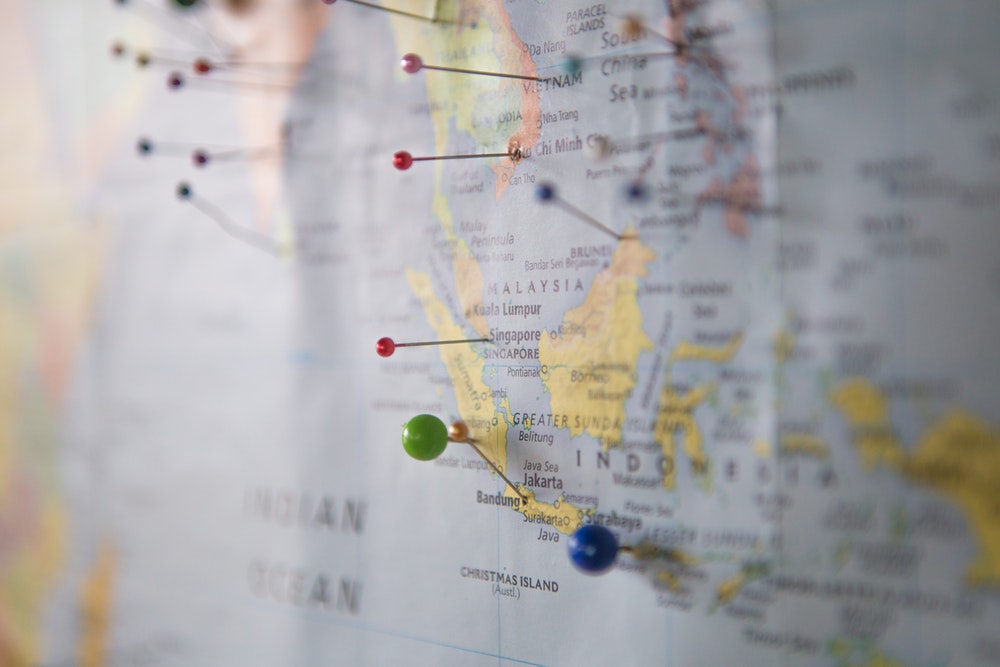
At the same time, your browser is logged as well as other uniquely identifying information like the system you’re running the browser on, the display resolution, and even the battery level of your device. Even if you haven’t clicked your mouse or typed anything in yet, you’re already being tracked.
Who Benefits from Collecting Data?
I mentioned earlier that data collection can be mutually beneficial. Consumers don’t have to see ads that they’d never buy from in a million years, while websites can get more information on their visitors to make experiences more personalized and, therefore, get more sales.
But who is it really more beneficial for? If we really get down to the bottom of it, who is really getting the most out of the dissemination of data?
Personalized experiences are nice, right? But are they worth the data breaches that happen and the inevitability that brands will sell that data to completely unrelated companies just to make a quick buck?
Let’s face it: most sites are eager to scrape as much information as they can about their visitors with the sole purpose of making more money. Sure, the thought process might be there to make experiences more enjoyable by personalizing them, but really the goal here is to target more.
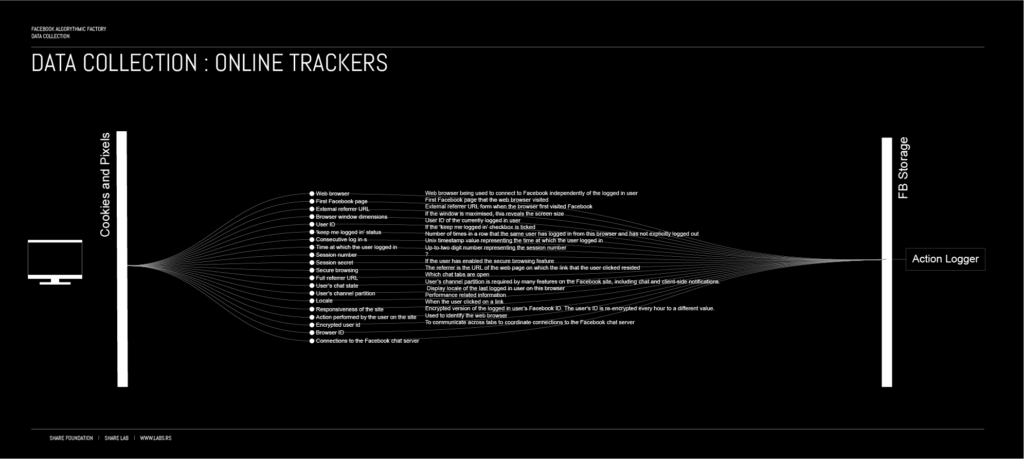
Source: https://dataethics.eu/en/facebooks-data-collection-sharelab/
Look at Facebook. The data it collects as you browse the site can determine when you’re expecting your firstborn, the exact names and addresses of the companies you’ve worked for in the past, and even your political leaning.
And guess what?
It doesn’t just collect this data to get to know you better as if you’re on some kind of weird, digital first date. It collects it to sell to companies to make money through advertising.
So yes, there are benefits to the consumer; you might not have to pick a particular city every time you want to get the weather because it’s remembered your past choices, or you might not have to shop again for those items you left in your online basket last week, but these benefits are minor compared to the massive benefits companies and sites get from tracking your every move.
Where the Lines Get Hazy…
Of course there are browser security protocols in place that mean sites can’t just go around scraping all sorts of stuff about you. In fact, for the most part, sites can only access the data they’ve collected – as in, they can only see the information you’ve “given” them while you’ve been on their site.
However, something called third-party cookies muddy the waters. These aren’t associated with any particular site, but instead get spread across a number of different pages in, say, an ad network.
Princeton University ran a study that found cross-site trackers embedded in 482 of the top 50,000 sites on the web. It might not seem like a lot in the great scheme of things, but once these third-party trackers have consumer information they can then sell it to even more people.
While the most sensitive data is redacted from these apps, consumers are still having to put their trust into a nameless, faceless brand.
But what about the data that consumers are handing over willingly?
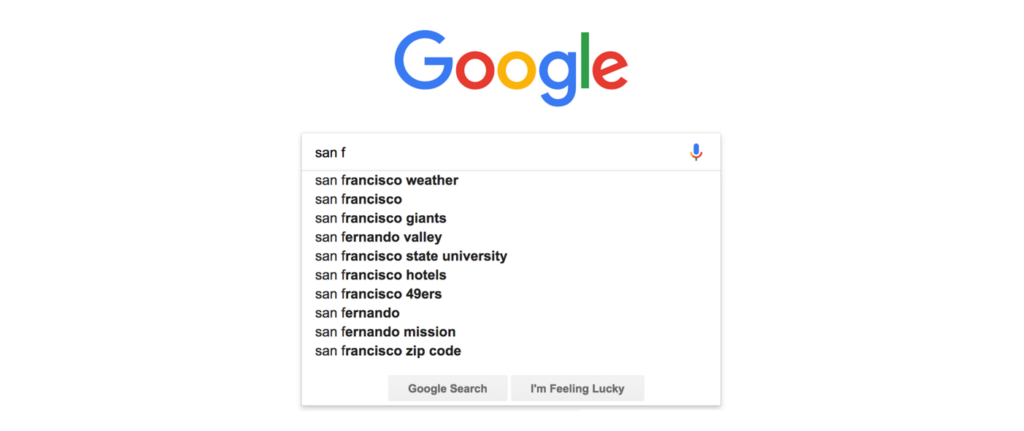 Things like Google searches and checking into venues on Facebook?
Things like Google searches and checking into venues on Facebook?
While sites might be collecting information like which browser you’re using and what your shopping preferences are, you’ve probably handed over more sensitive information like your birth date and exact location without even giving it a second thought.
Does the Future Lie in NO Data Collection?
In May this year, the GDPR (General Data Protection Regulation) came into play in Europe. It means that brands now have to explicitly state to their users exactly what information they are collecting and exactly what they will be doing with it.
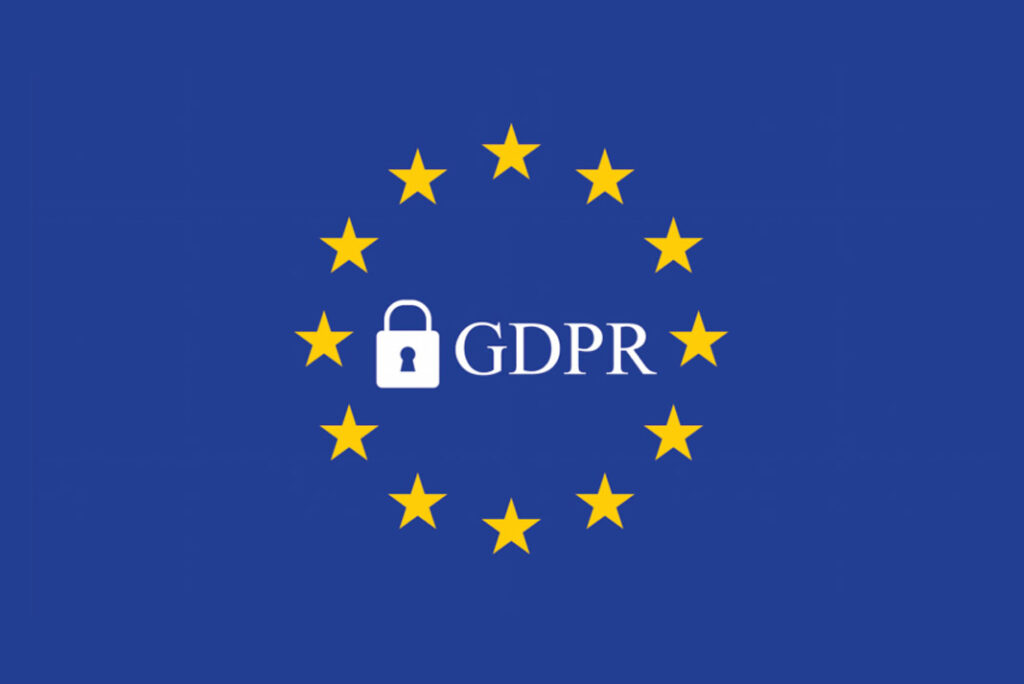
Users now have to actively opt-in to providing their information; sites can’t just take it for nothing. Already countries outside of Europe are considering this new method because, well, it just seems like the right thing to do.
But what does it mean for the future of data collection?
Now that users are more aware of their rights when it comes to data collection and have to actively “opt-in” with their information, they are becoming less and less inclined to do so.
If there’s an option to not sell your firstborn, it’s kind of a given that you’re going to go for that, right?
In this instance, the future of data collection looks bleak – especially for sites and brands. If their users aren’t giving up the goods, they’ve got nothing to work with and essentially have to go back to the drawing board.
This might invite new ways of collecting data or a more collaborative approach between consumers and brands so that information can travel between the two in an open and honest way.
The future of data privacy is uncertain for now, especially so soon after GDPR has risen its head. What we do know is that the power will be distributed more evenly between internet users and brands, and sites will no longer be able to take, take, take without building more of a relationship with their visitors.
It sounds quite nice, actually.
But would a world without any data tracking or collection be good? If every person who went online immediately went incognito, leaving not a single trace of who they are or what they’re doing, how would the digital world evolve? How would companies know what their consumers want? How would internet users cope with having to start from scratch every time they went back online?
The questions remain endless, but it’ll be interesting to see which path data collection goes down from here on out.
